One of the wonderful things about having your own garden, is that you can decide on what plants and products you want to use. An organic garden does not use any chemicals, and is healthier and safer than conventional gardening.
Inevitably, your garden will encounter pestes! This can be very frustrating, and using organic and natural pest control methods in your garden can help protect your plants from harmful insects while still maintaining a healthy and eco-friendly environment. Keep in mind that it may take some time or combination of efforts to have effective pest control.

{this post contains Amazon affiliate links}
Here are some strategies you can use for your organic garden.
Companion Planting
By planting certain crops together, you can naturally repel pests. This has been done for quite some time. Native Americans used this practice, which was called the “Three Sisters”, planting corn, beans, and squash together.
For example, planting basil can repel pests when planted near tomatoes.
Natural Predators
Attract natural predators like ladybugs, lacewings, and predatory beetles that feed on common garden pests. You can do this by planting nectar-rich flowers like dill, fennel, and yarrow. You can also purchase these at local garden centers or online.
Install birdhouses and bat boxes to encourage birds and bats that eat insects to live in your garden.
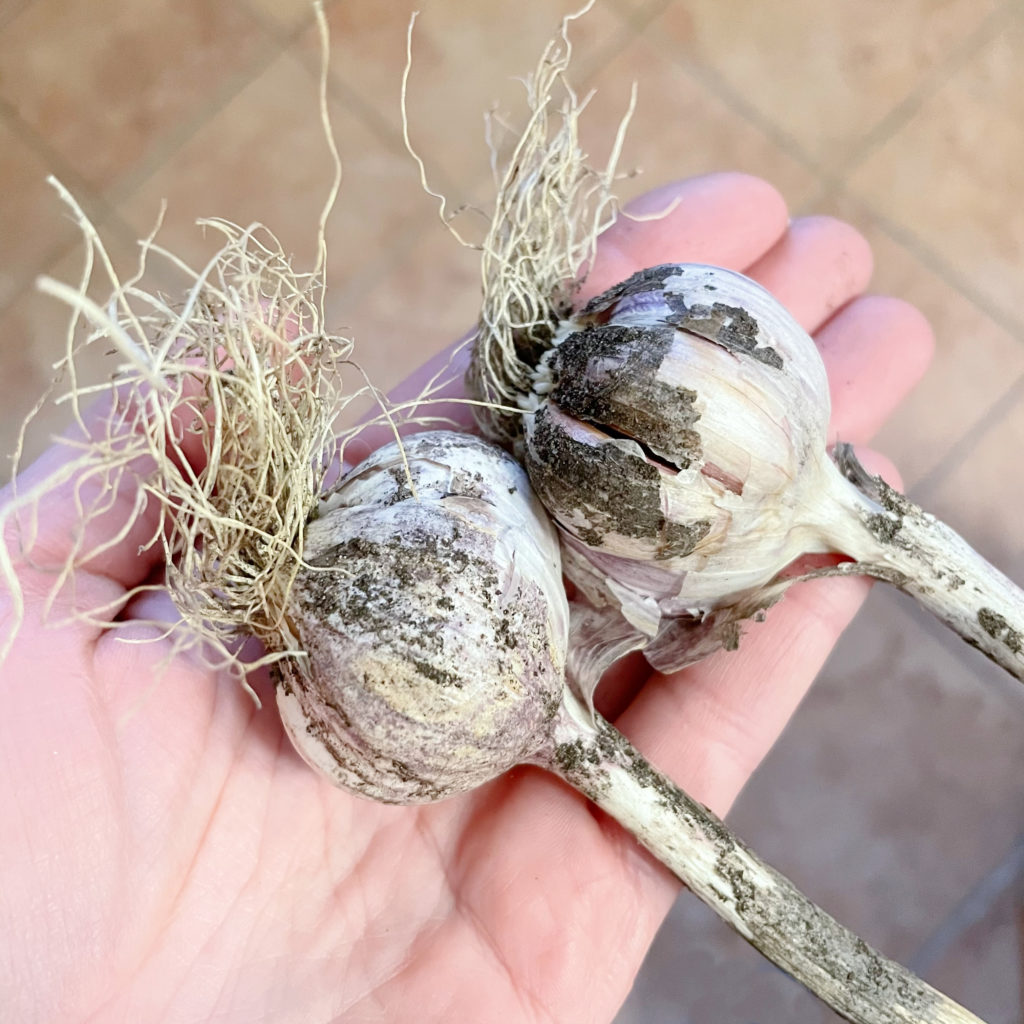
Homemade Pest Sprays
Mix neem oil with water and a few drops of dish soap to create a spray that disrupts the life cycle of many pests, including aphids, spider mites, and whiteflies.
Blend garlic cloves with water, strain the mixture, and spray it on plants to repel insects like aphids and caterpillars.
Mix chili powder or fresh chili peppers with water and a few drops of dish soap to make a spray that deters a variety of pests.
Physical Barriers
Use lightweight fabric row covers to protect plants from insects while allowing light, air, and water to penetrate.
Place sticky traps around your garden to catch flying insects like whiteflies and aphids.
For larger animals such as rabbits or deer, use fencing, chicken wire, and other barriers.
Wool pellets can control slugs in the garden.
Healthy Soil Practices
Enrich your soil with compost to promote strong, healthy plants that are more resistant to pests.
Rotate crops each season to prevent pests and diseases that thrive on specific plants from becoming established.
Manual Removal
Regularly inspect your plants and manually remove pests like caterpillars, beetles, and slugs. Drop them into a bucket of soapy water to dispose of them.
Natural Repellents
Diatomaceous Earth: Sprinkle food-grade diatomaceous earth around the base of plants to deter crawling insects like slugs, snails, and ants. It works by damaging their exoskeletons.
Coffee Grounds: Spread used coffee grounds around plants to repel slugs and snails.
Natural products: There are a variety of organic products designed to help with pests.
Trap Crops
Plant trap crops, such as nasturtiums or radishes, that attract pests away from your main crops. This can protect your valuable plants from being damaged.
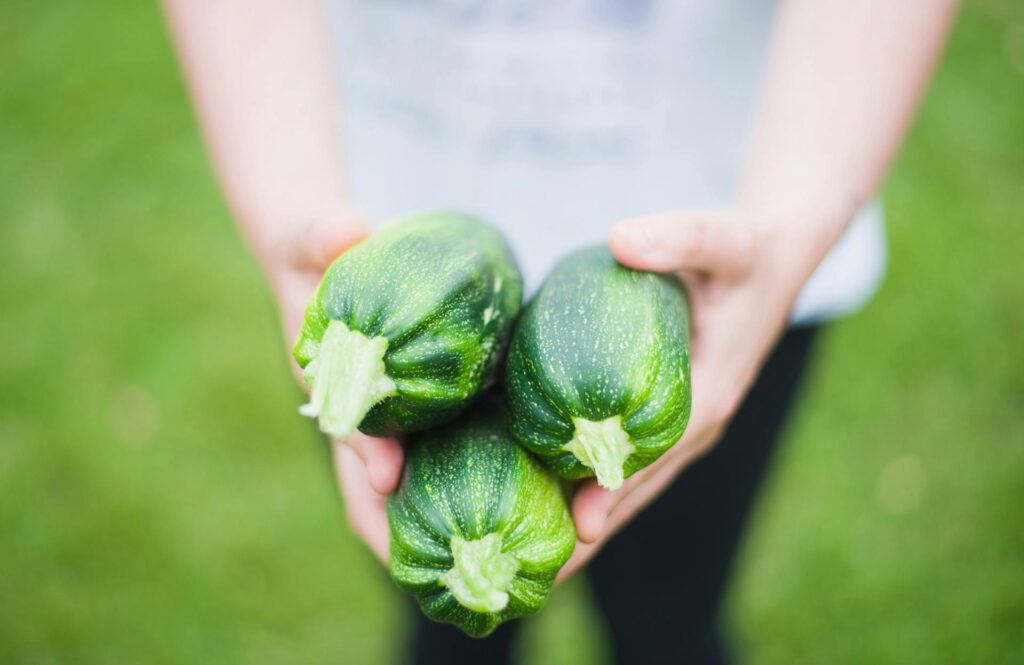
Biological Controls
Beneficial Nematodes: Introduce beneficial nematodes to the soil to target soil-dwelling pests like grubs and root maggots.
Bacillus thuringiensis (Bt): Use Bt, a naturally occurring bacterium, to target and kill caterpillars and larvae without harming beneficial insects.
Proper Watering Techniques
Overwatering can create a conducive environment for pests and diseases. Water plants early in the morning to allow foliage to dry out during the day.
Mulch
Use organic mulch, such as straw or wood chips, to retain soil moisture, suppress weeds, and provide habitat for beneficial insects.
Integrated Pest Management (IPM)
Regularly monitor your garden to identify pest issues early. Use a combination of the above methods to manage pests in an eco-friendly way.
Using a variety of organic and natural pest control methods, you can maintain a healthy garden ecosystem, reduce the need for chemical pesticides, and promote biodiversity. These practices not only help protect your plants but also contribute to a more sustainable and environmentally friendly gardening approach.


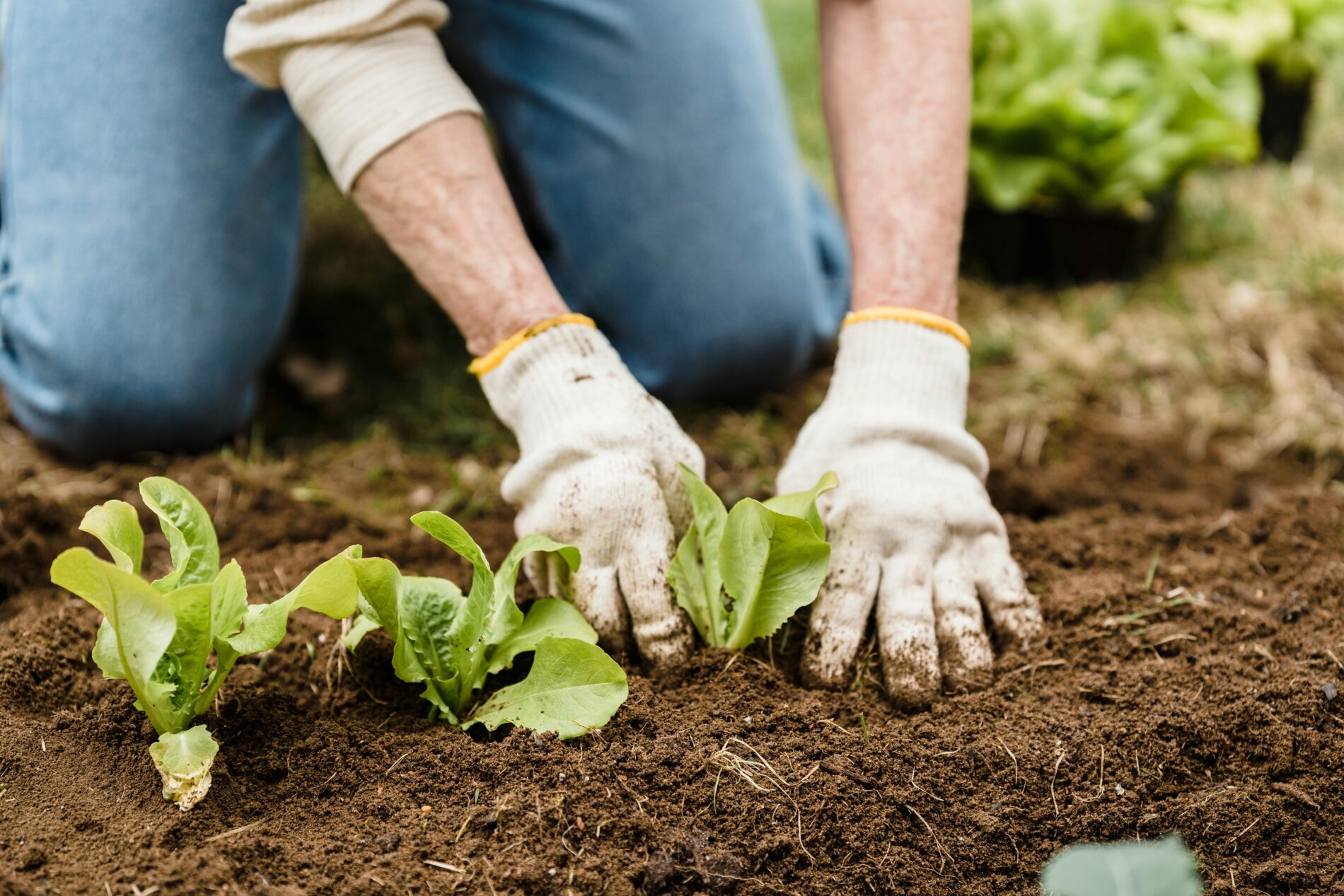


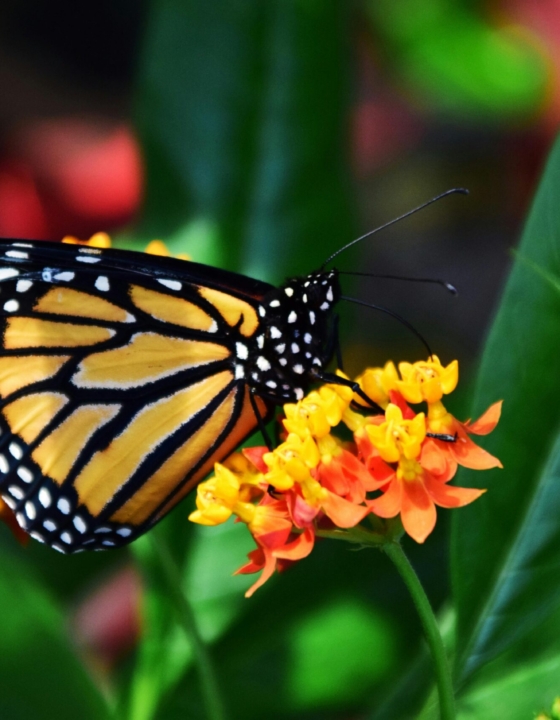

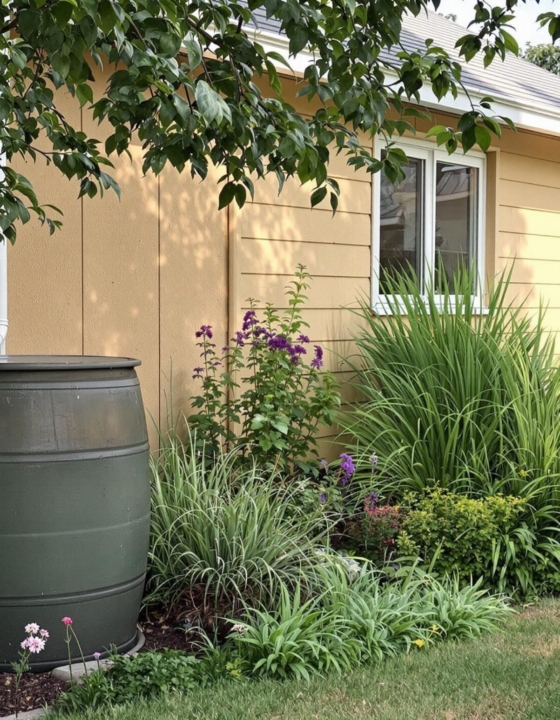

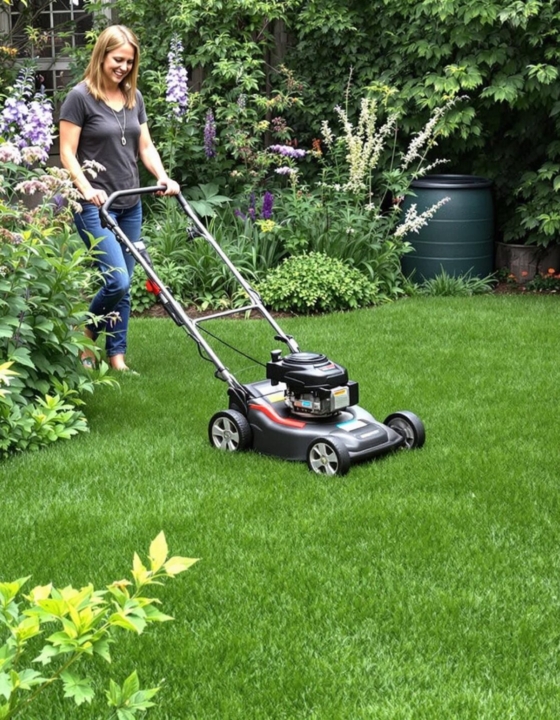
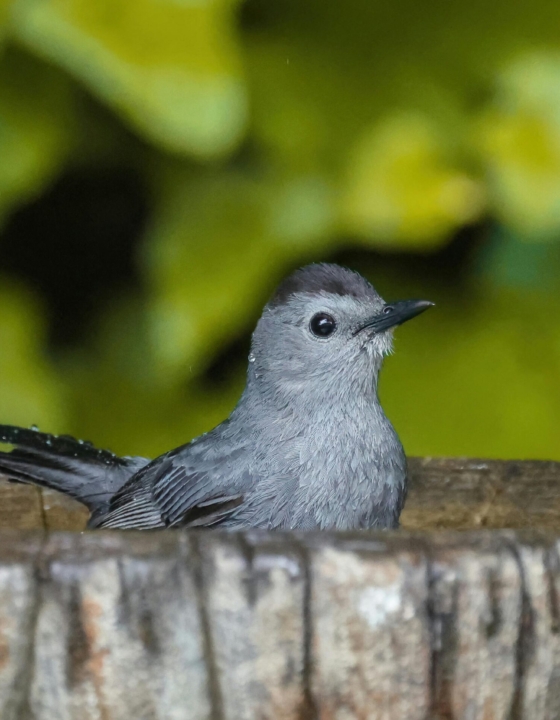
What do you think?